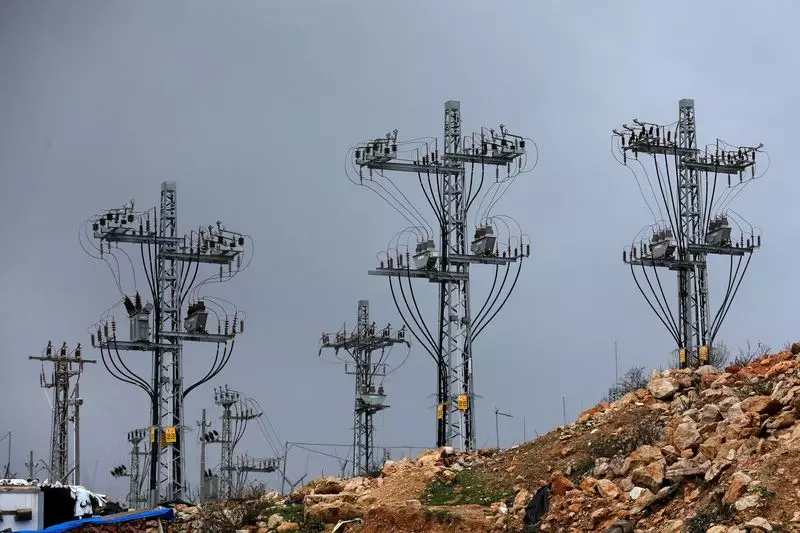Tensions between Israel and the Palestinian Authority (PA) have long been marked by issues surrounding revenue sharing and fiscal policies. Recently, Israeli Finance Minister Bezalel Smotrich announced an adjustment in the management of tax revenues collected on behalf of the PA. These revenues, primarily generated from taxes on goods transiting through Israel into the occupied West Bank, are traditionally forwarded to the PA under an established framework. However, given the current turbulent political landscape following the Hamas-led attack on October 7, 2023, changes in this financial arrangement have raised both economic and humanitarian concerns.
The crux of the recent development involves Israel’s decision to utilize nearly 2 billion shekels (approximately $544 million) of these tax revenues to settle the PA’s substantial debt to the Israel Electric Company (IEC). Smotrich contended that these funds have become necessary due to the PA’s mounting debts, which are exacerbated by high interest rates and loans. He justified this shift by highlighting that the burden of the PA’s financial struggles ultimately impacts Israeli citizens, impacting the financial credibility of IEC.
By redirecting funds that would typically bolster the PA’s governance capabilities, including salary payments, Israel is not only addressing its fiscal grievances but also sending a message of accountability to the PA. Such financial maneuvers can profoundly affect the PA’s ability to manage public sector wages and essential services, leading to further instability in the region.
The freezing of approximately 800 million shekels meant for administration expenses in Gaza is particularly noteworthy. Smotrich emphasized that these actions stemmed from perceived anti-Israeli sentiment, notably following Norway’s recognition of a Palestinian state. By withholding those funds, Israel is amplifying an already critical financial situation for the PA, which currently relies on international support and internally generated revenues to meet its obligations.
As the PA’s ability to function comes into question, the organization has acknowledged the financial constraints they are under. Reports indicate that the PA can only provide 50-60% of public sector salaries, posing an existential challenge that could lead to heightened dissent and instability within Palestinian territories. If the PA fails to adequately respond to the needs of its citizens, it risks losing legitimacy and credibility among its populace.
A further complication arises from Israel’s practice of deducting amounts equivalent to “martyr payments.” These are funds the PA allocates to families of militants and civilians affected by the conflict, which Israel frames as a significant hurdle to peace negotiations. The Palestinian Finance Ministry reported that a total of 2.1 billion shekels currently remain withheld by Israel, pushing the total sum of withheld funds to over 3.6 billion shekels by 2024. This tactic aims to directly diminish the PA’s financial health while also sending a clear signal regarding the Israeli government’s stance on PA financial practices.
The broader ramifications of these financial strategies extend beyond mere economics; they intertwine with the fabric of the Israeli-Palestinian conflict. As the PA struggles to maintain its financial standing, citizens are left vulnerable amidst a backdrop of increasing strife. The interplay between withheld tax revenues and humanitarian necessities paints a dire picture, one that can lead not only to public unrest but also to a complete destabilization of existing governance structures within the Palestinian territories.
Efforts by the Palestinian Finance Ministry to negotiate the release of some funds with international partners reflect desperate measures in a financially perilous landscape. The situation necessitates a careful reevaluation of fiscal strategies by both Israeli and Palestinian authorities to avoid worsening conditions, fostering a path toward potential dialogue aimed at resolution. Ultimately, how these financial systems are managed holds critical significance for the future of Israeli-Palestinian relations and regional stability as a whole.

